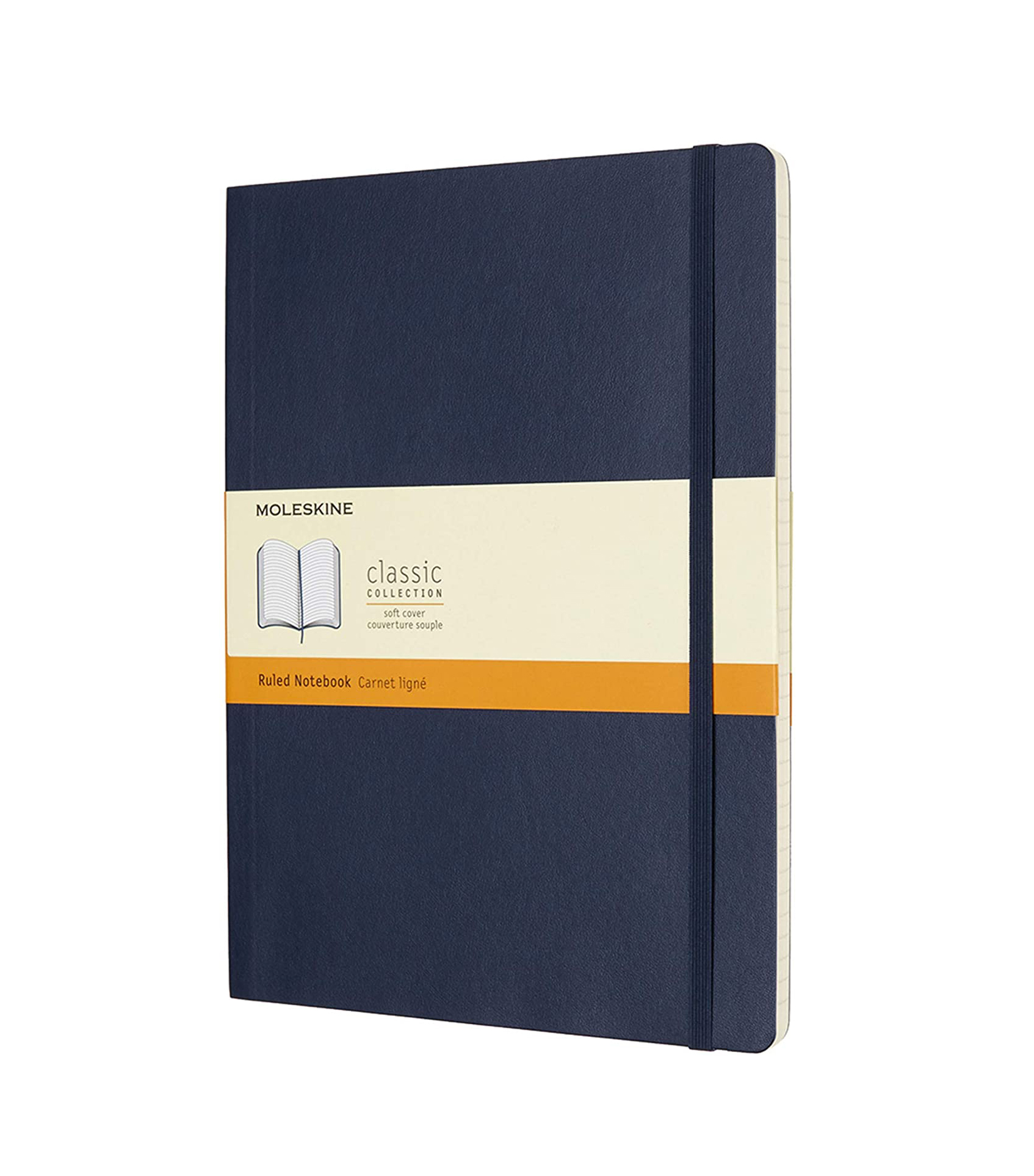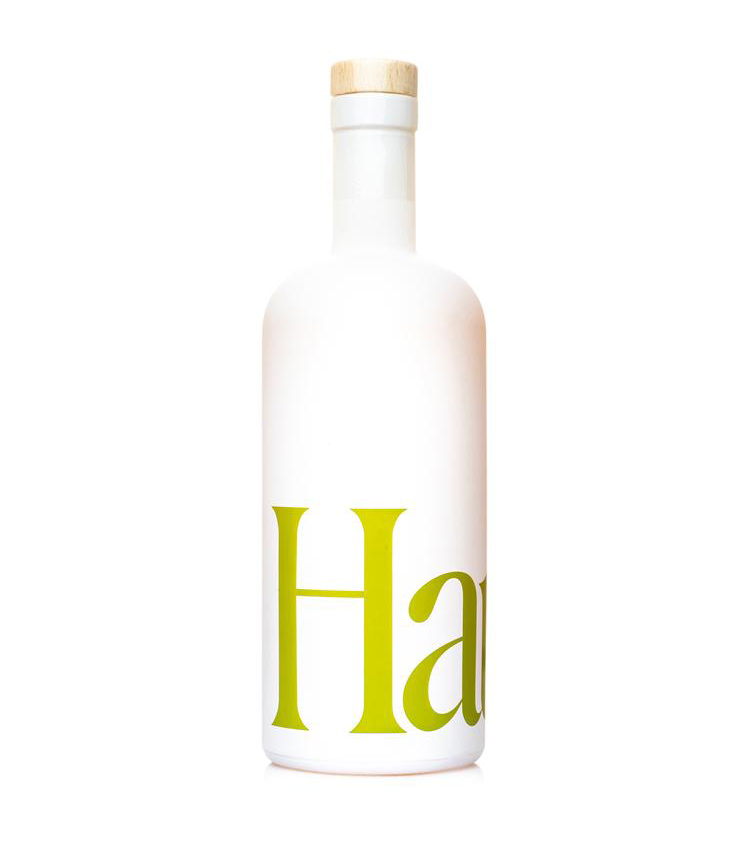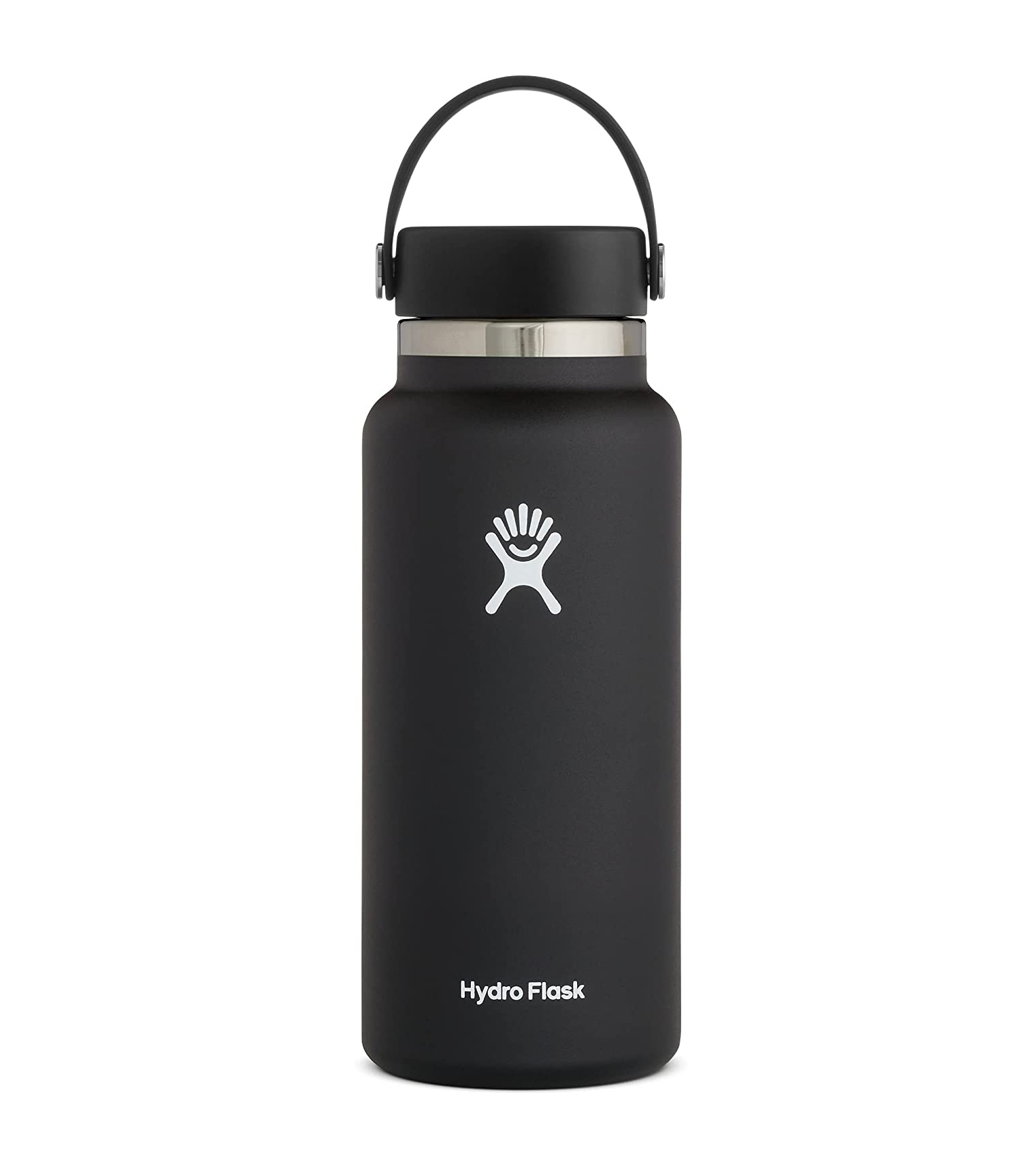Yes, Hangxiety Is Real—Here's What to Do About It
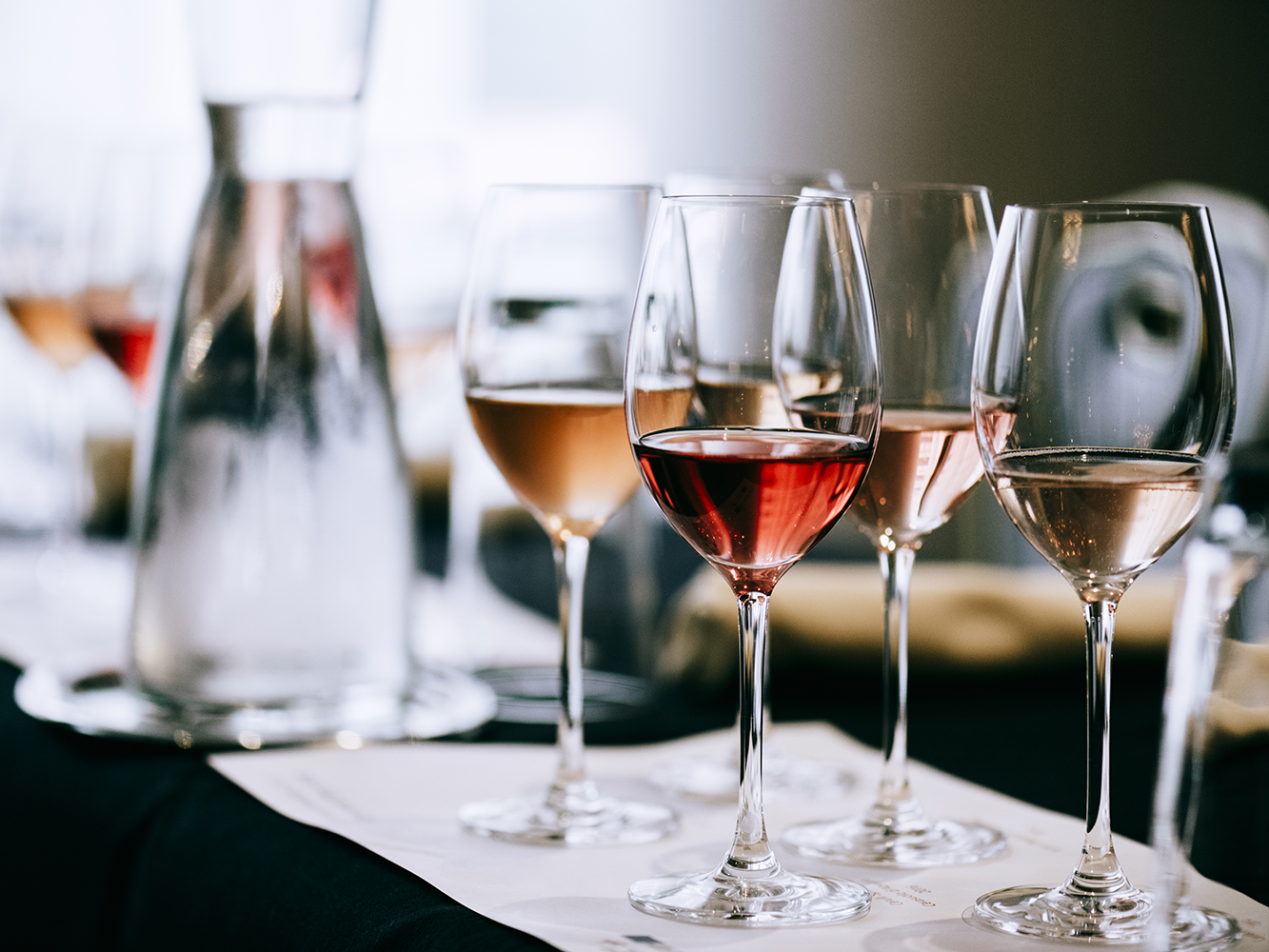
Maybe you've had this scenario happen to you: You have a fun night out with friends (maybe a little too much), things get fuzzy at the end, and you wake up the next morning with a headache, dry mouth, a bit of nausea, and a twinge of regret that you can't really put your finger on. Did you do something wrong? You scan your texts and phone log to see if you did anything weird. You sheepishly ask your friends if anything out of the ordinary happened. Maybe you even had a fun night out and absolutely know you did nothing too crazy or embarrassing, but you still have that guilty feeling.
Does any of that sound familiar? Well, it's called hangxiety and it's a real thing. "Hangxiety is real, but it is not new!" explains Indra Cidambi, the Medical Director and founder of Center for Network Therapy. "More openness about mental health has brought this issue out for examination. It is normal to feel 'hangxiety' when alcohol consumption was large enough to cause a loss of behavioral control. When people who had too much to drink the previous night wake up the next morning they get an intense feeling of 'dread' wondering what kind of behavior they exhibited the previous night (who did I text/email what!)."
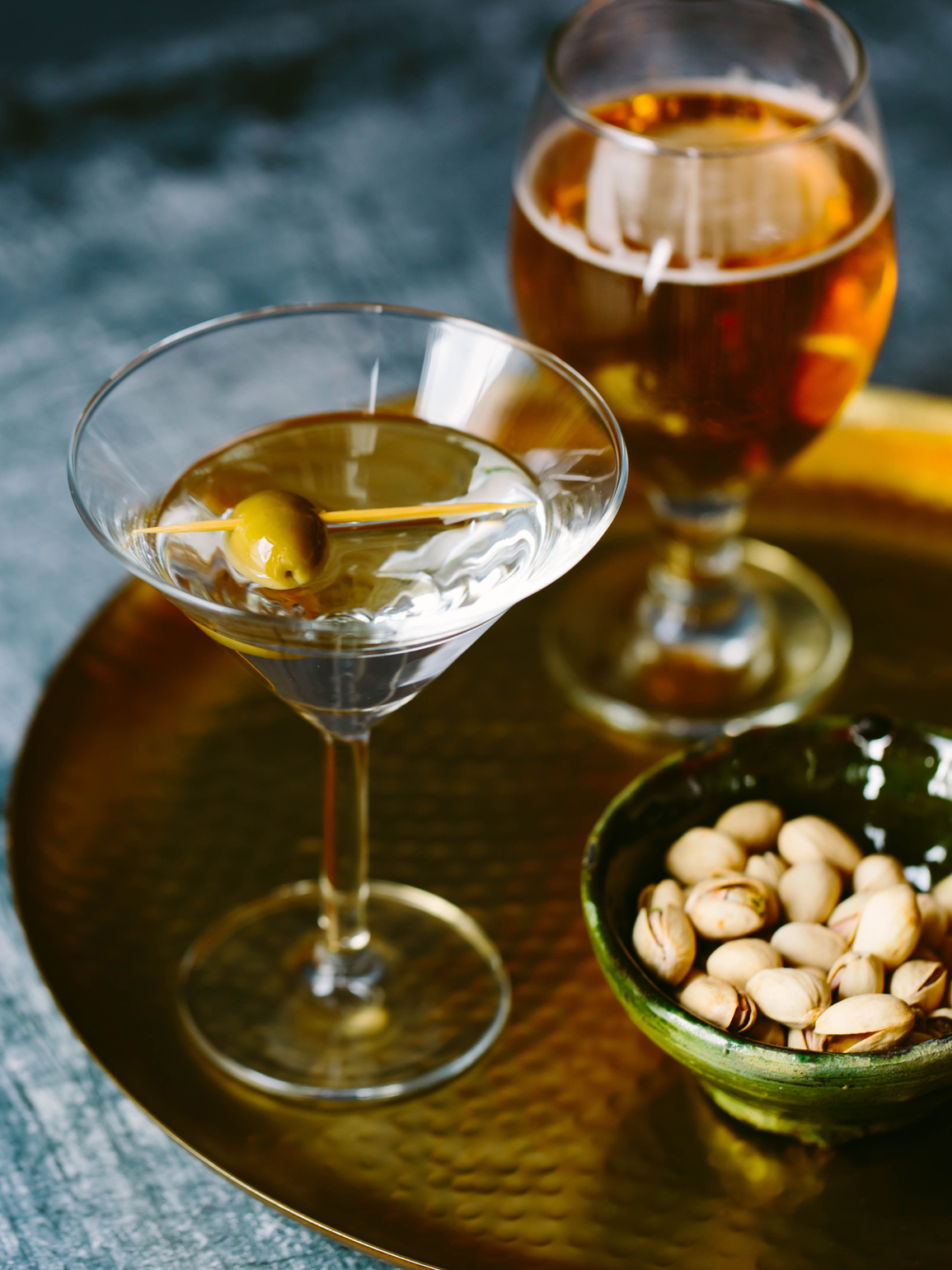
Amy Nolan, a therapist, life coach, and graduate of the Institute of Integrative Nutrition, explains a bit how hangxiety works in our bodies: "It's when serotonin and dopamine (aka happy hormones) in our bodies shut down from trying to regulate with alcohol in the system. This leaves the 'amygdala,' or emotional center in your brain vulnerable to feeling heightened emotions such as guilt or anxiety. This can be normal for those who drink heavily, are prone to anxiety/depression, or drank enough to impair their memory."
As for how intense your hangxiety can be, it can depend on how many drinks you've had, what kind of nourishment and hydration you've had that day, and if you've already experience anxiety, according to Shaina Painter, MS, CNSc, a health coach at Parsley Health. "There are a few theories on why this occurs. Alcohol reduces our inhibition and we may find ourselves saying or doing things we normally would not sober," Painter explains. "A study showed those who identify as shy may experience higher levels of anxiety the next day than those who were not shy. Additionally, 'hangxiety' may arise due to things like dehydration, the drop in endorphins, disruption of serotonin levels, interactions with medications, poor sleep, and even nutrient deficiencies like folic acid."
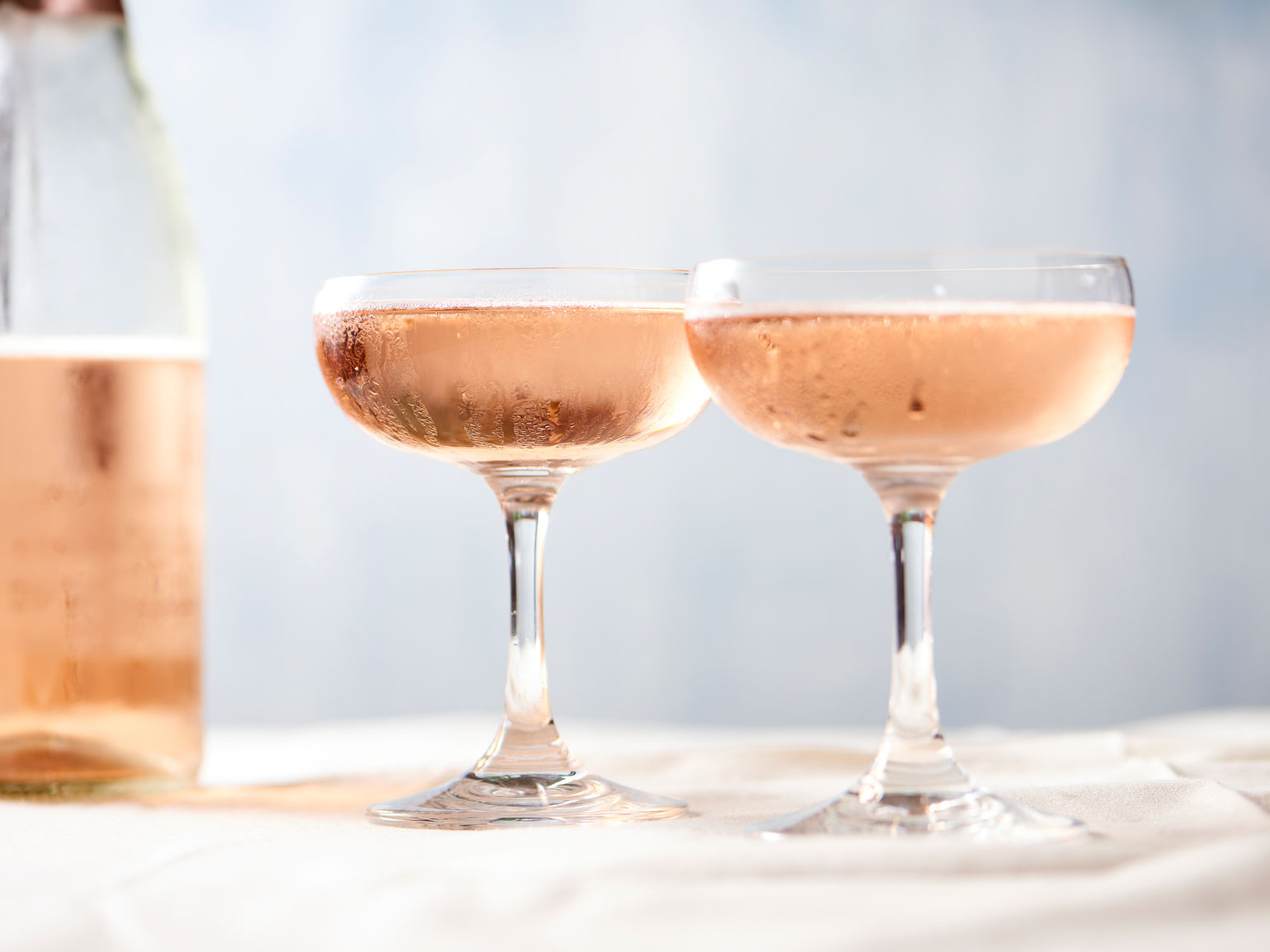
It's not really a surprise that alcohol and anxiety have a complicated relationship—and it's something that's still being researched. "While there is a strong association between alcohol use disorder and anxiety disorders, it is not established whether people with anxiety disorders are more likely to become psychologically dependent on alcohol as they use it to self-medicate or anxiety disorders in people suffering from alcohol use disorder are a result of alcohol withdrawal," Cidambi says. "Co-occurrence of anxiety disorders and alcohol use disorders is higher among women (60% with AUD also suffered from anxiety disorders) than men (35%). Regardless, anxiety, especially panic disorder, has a strong association with alcohol use disorder and manifests itself strongly during withdrawal from alcohol."
It can be a two-way street, Nolan says, because it can cause or exacerbate anxiety symptoms, whether you drink to suppress anxiety or find yourself anxious post-drinking. Alcohol may be a quick way to soothe any jitters or nerves, but it's fleeting. "This calming effect, however, is temporary," Nolan explains. "As the depressant effects of alcohol (aka your 'buzz') wear off, the neurotransmitters in the limbic system of your brain go haywire trying to regulate themselves causing the feeling of anxiety. This effect can last a day for some people and even a few days for others who are prone to anxiety. So, if your hangover gradually turns into anxious feelings over the next couple of days, you know alcohol is the culprit."
Signs to Look For
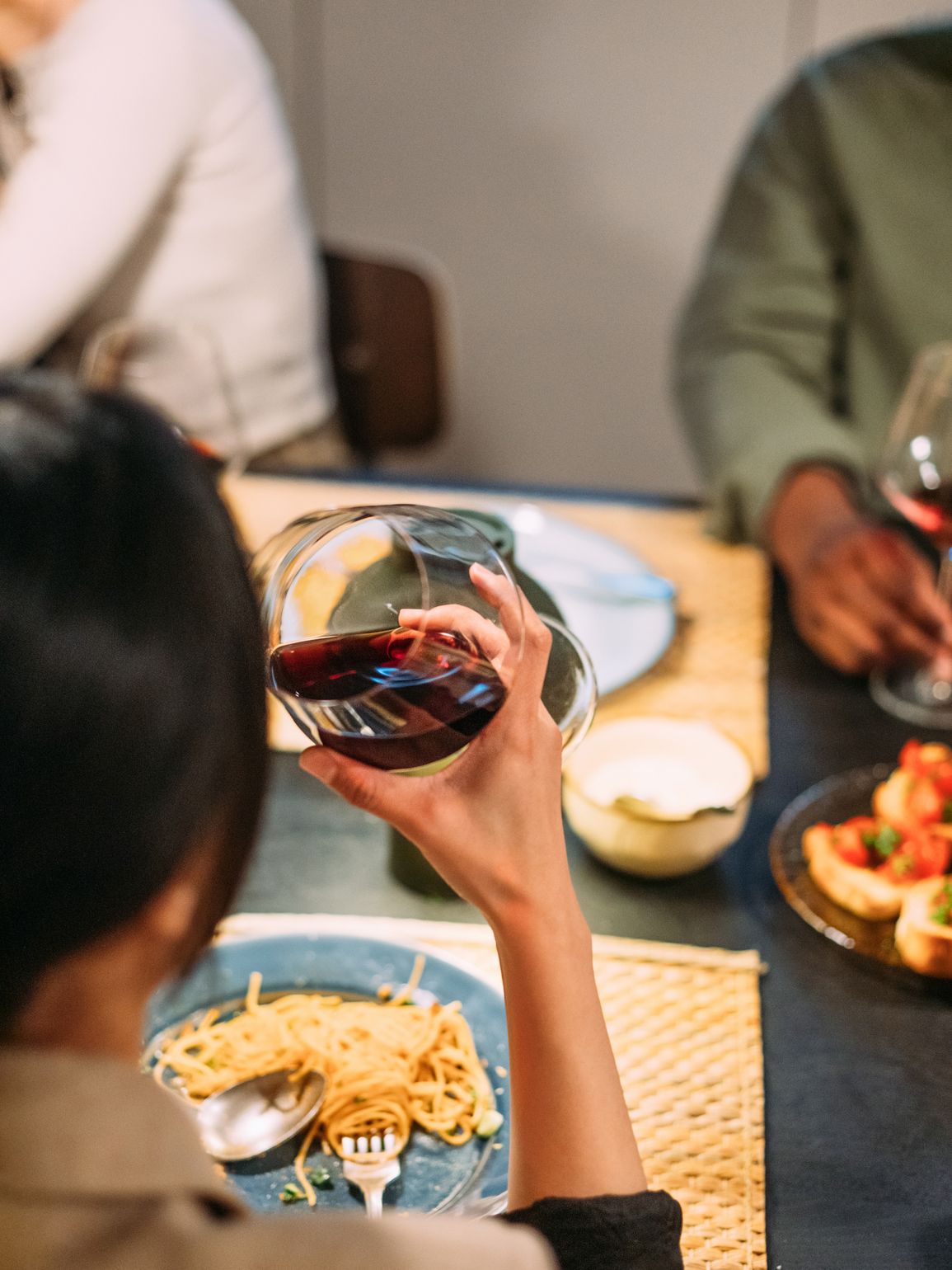
There are some signs to look for that will indicate anxiety or anxious feelings. Cidambi says that an anxiety disorder is made up of a cluster of phobias. "Generalized anxiety and panic attacks are more common types of anxiety disorders," she says. "Signs of anxiety include excessive worry, queasy stomach, increased heart rate, feeling nervous, restless or tense, hyperventilation, trouble concentrating or sleeping, sweating, and trembling."
In addition to those signs above, Nolan says you might also notice or experience these symptoms when it comes to post-drinking anxiety: feelings of overwhelm, guilt, fatigue, and racing thoughts.
What to Think About and Ask Yourself
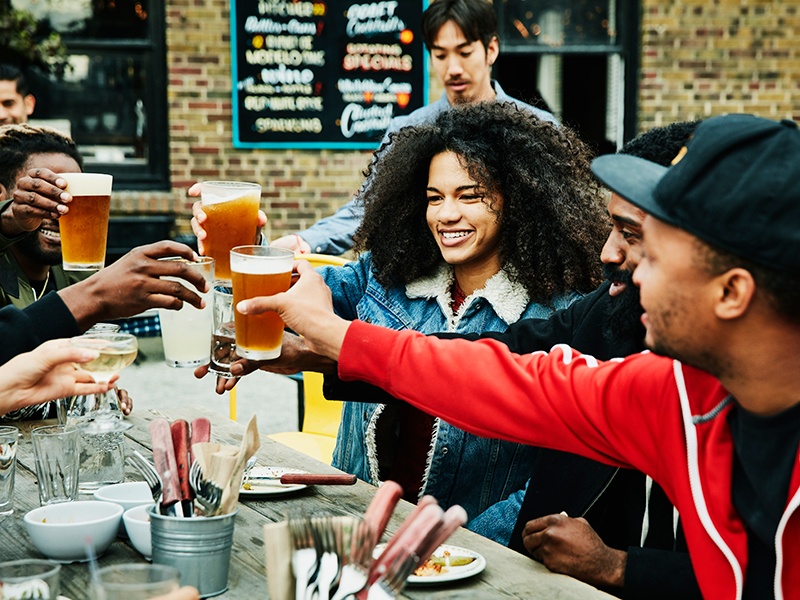
It's important to examine your relationship with alcohol. "Anxiety is a real mental health condition that requires treatment with medication for the short-term and therapy for the long-term," Cidambi explains. "Trying to self-medicate for anxiety by abusing alcohol or drugs may provide short-term relief but it is not treatment. Also, it may lead to addiction to the substance as the person may need higher quantities to achieve the same numbing effect and tolerance builds."
You might want to think about your reasons for consuming alcohol. Cidambi says if you're using it to self-soothe, numb feelings, or cope with situations, that can be unhealthy. And if you are prone to anxiety, it's important to pay attention to the feelings you may have before you consume alcohol. "Are you starting to feel anxious and hate the symptoms? Are you using alcohol to numb these symptoms and feel upbeat?" Cidambi says. "In order to mitigate feelings of anxiety reduce caffeine intake, reduce stress by not procrastinating, working out, using meditation and deep breathing, and listening to calming music. If this does not work, try therapy, specifically CBT (cognitive behavioral therapy), as it helps you recognize negative thought patterns that can influence mood and behavior."
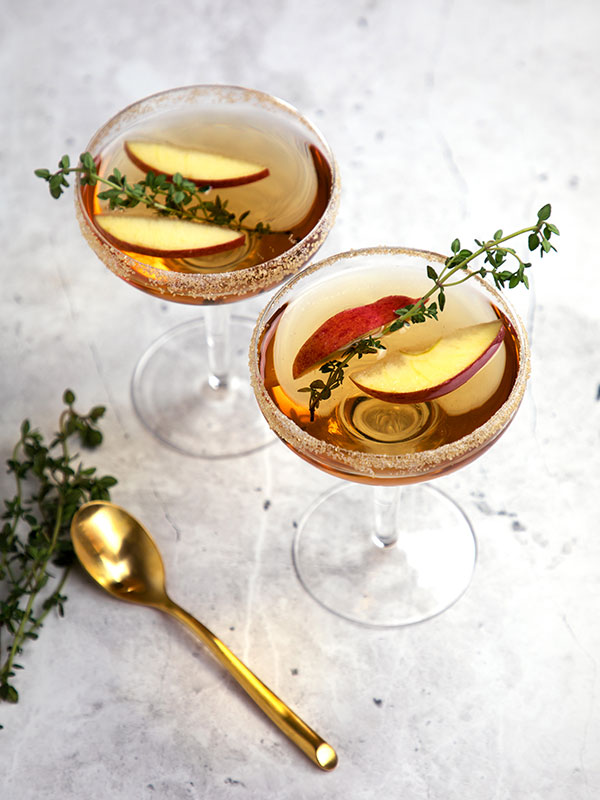
In some cases, you might want to avoid alcohol altogether if you're baseline-anxious, Nolan says. This can help you keep your brain functioning at its best. If you worry a lot, feel overwhelmed, hold tension in your body, or already use alcohol as an unhealthy coping skill—you might want to skip that drink.
And you'll also want to pay attention to any signs of alcohol dependency. Nolan says some signs may include feeling like you "need" a drink to cope, having four or more drinks in a day, drinking more than half the week, and if your drinking is affecting your ability to function and your relationships. This may depend on the individual, so that's where it's important to seek professional help or talk to someone you trust if you're worried or feeling uneasy about your drinking habits.
How to Prevent Anxiety When Drinking
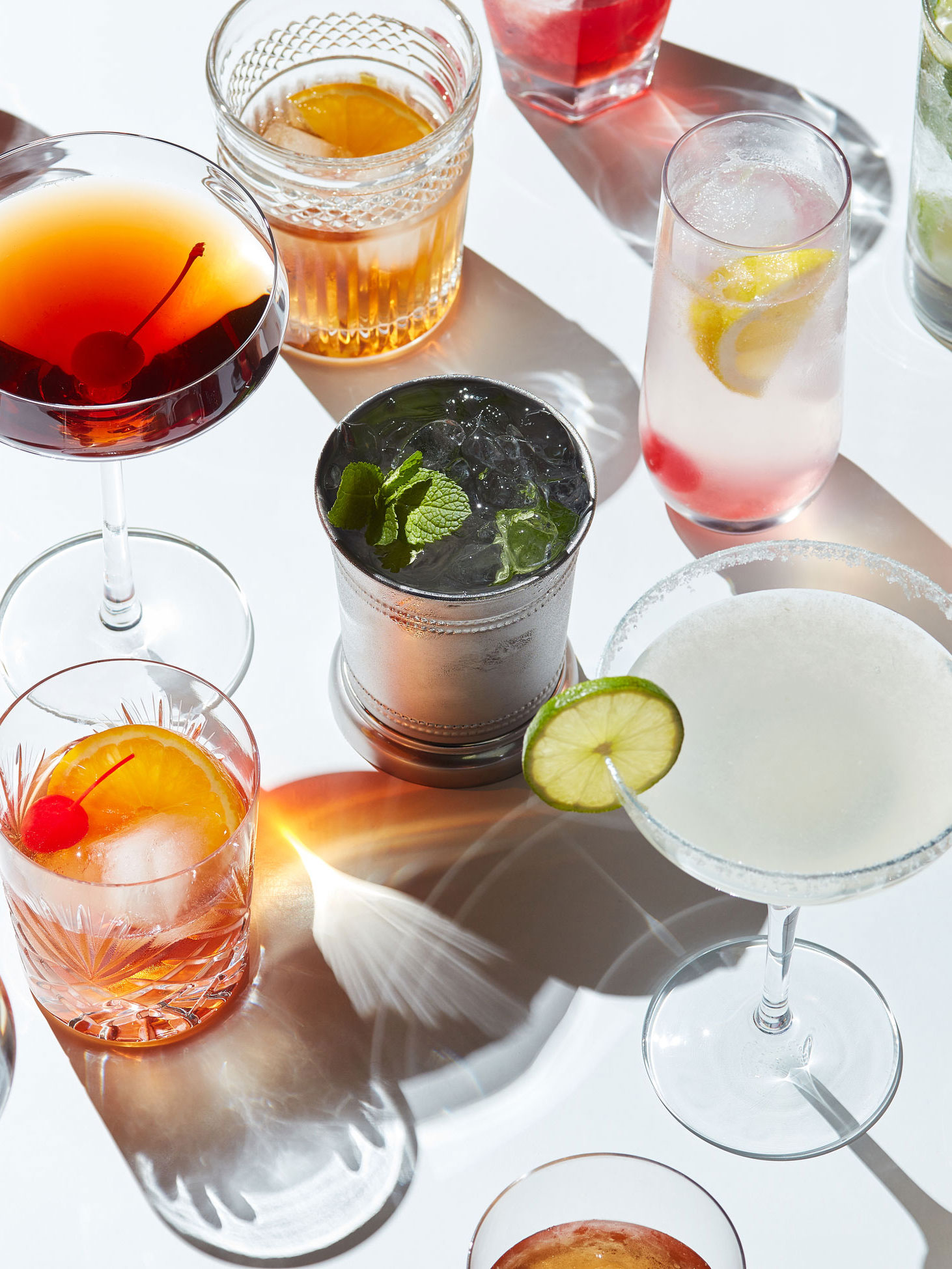
But you don't have to give up drinking full-stop if you aren't experiencing any signs of alcohol dependency or have a rocky relationship with booze. We're not about alcohol shaming here—just about drinking responsibly. There are some things that you can do to minimize anxiety when drinking. Nolan highlighted some tips below…
1. Be mindful: Pay attention to your consumption and the effects on your body. "If you know you feel anxious after having two drinks of hard alcohol, limit yourself to one," Nolan says. There are more tips on this idea of mindful drinking in the next section.
2. Know your baseline: "If you could rate your daily anxiety without alcohol use on a scale from 1 5, 5 being highly anxious, where do you fall? Write that down and rate a day after alcohol use to see where that number goes," Nolan says.
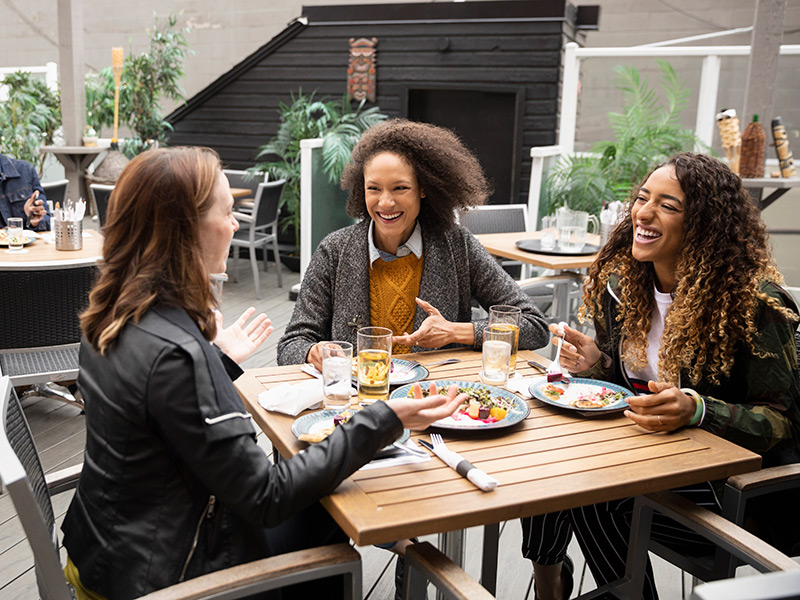
3. Have a support buddy: "If you sometimes get out of hand at a party, have a buddy that you can confide in to keep you in check," Nolan suggests. "If they know your limit is three beers, you want someone to hand you water when the third one is finished as your signal to stop."
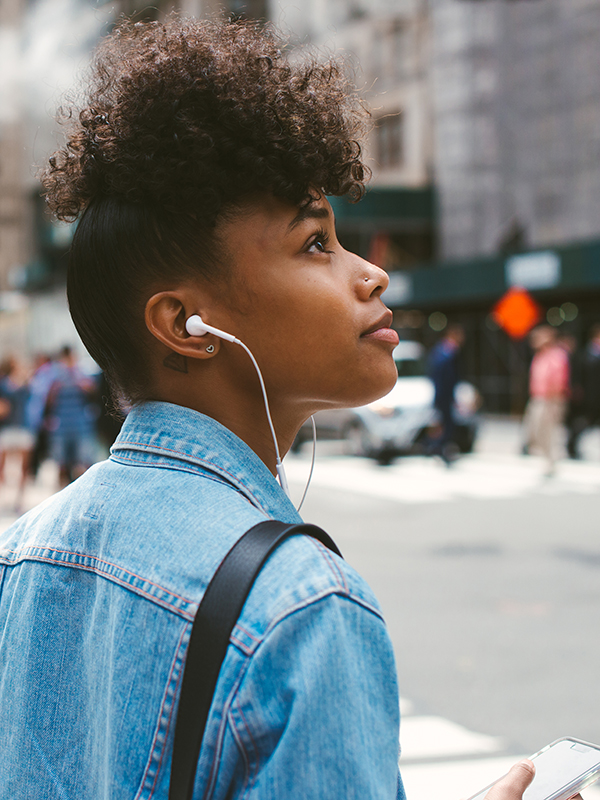
4. Build an Anxiety Toolbox: "Have coping skills you can use so you aren't reaching for a drink to calm your nerves in the first place," Nolan says. "Or have those coping skills ready when hangxiety hits."
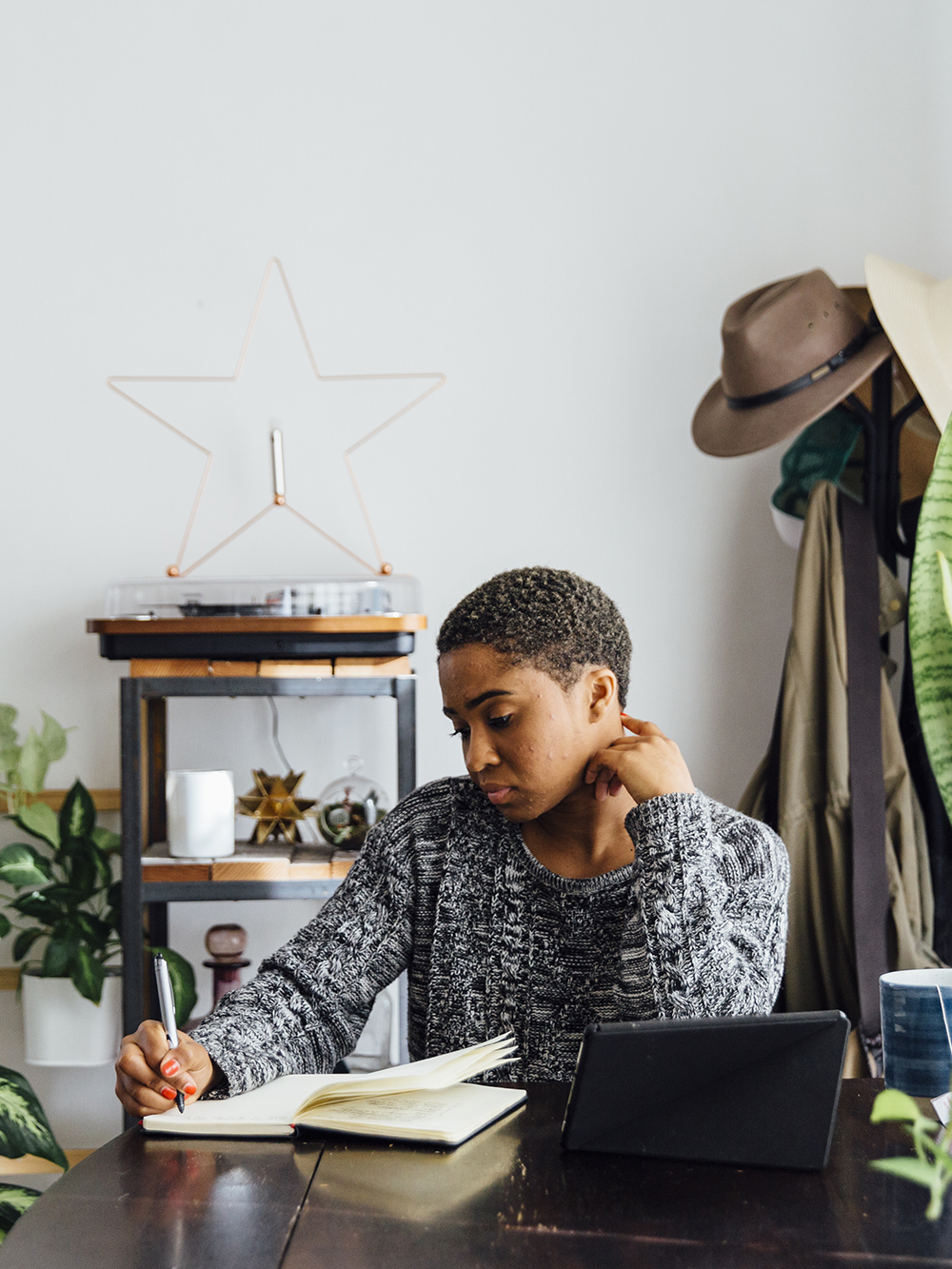
5. Seek Out Professional Support: "If you notice you are drinking to calm nerves, it is a good idea to find a therapist you connect with to process the deeper issues," Nolan says. "Whether it's coping with a stressful job, having a family history of alcohol abuse, or realizing that your hangxiety is becoming a habit you are having trouble kicking. Help is out there."
How to Consume Alcohol Mindfully
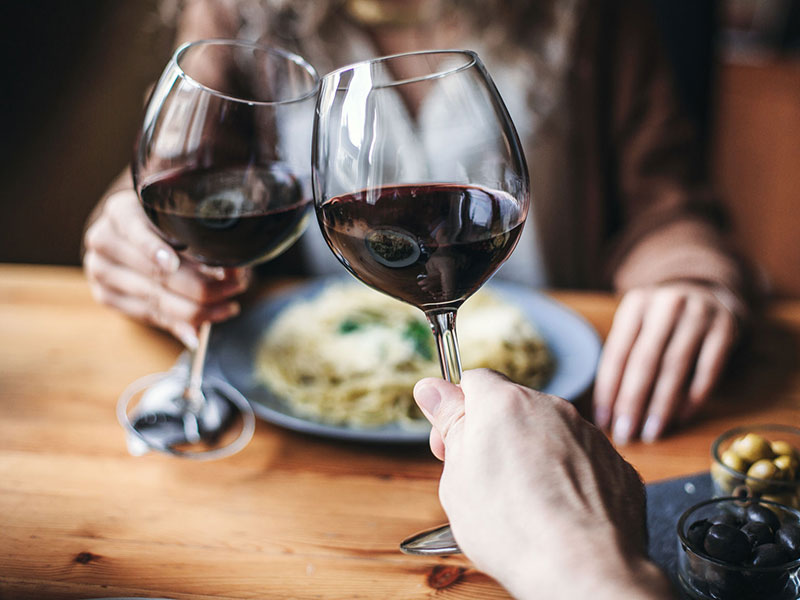
Consuming alcohol mindfully and being responsible about it may help alleviate any anxiety or guilt you feel the next day, and can save you from going overboard and possibly embarrassing yourself or putting yourself in a dangerous situation. A lot of this is knowing yourself and how alcohol affects you. Here are some things to do when you're out…
1. Drink slowly: Sometimes you might want to down a drink because you are trying to let off steam or feel more relaxed. Instead, take some time to actually enjoy the beverage.
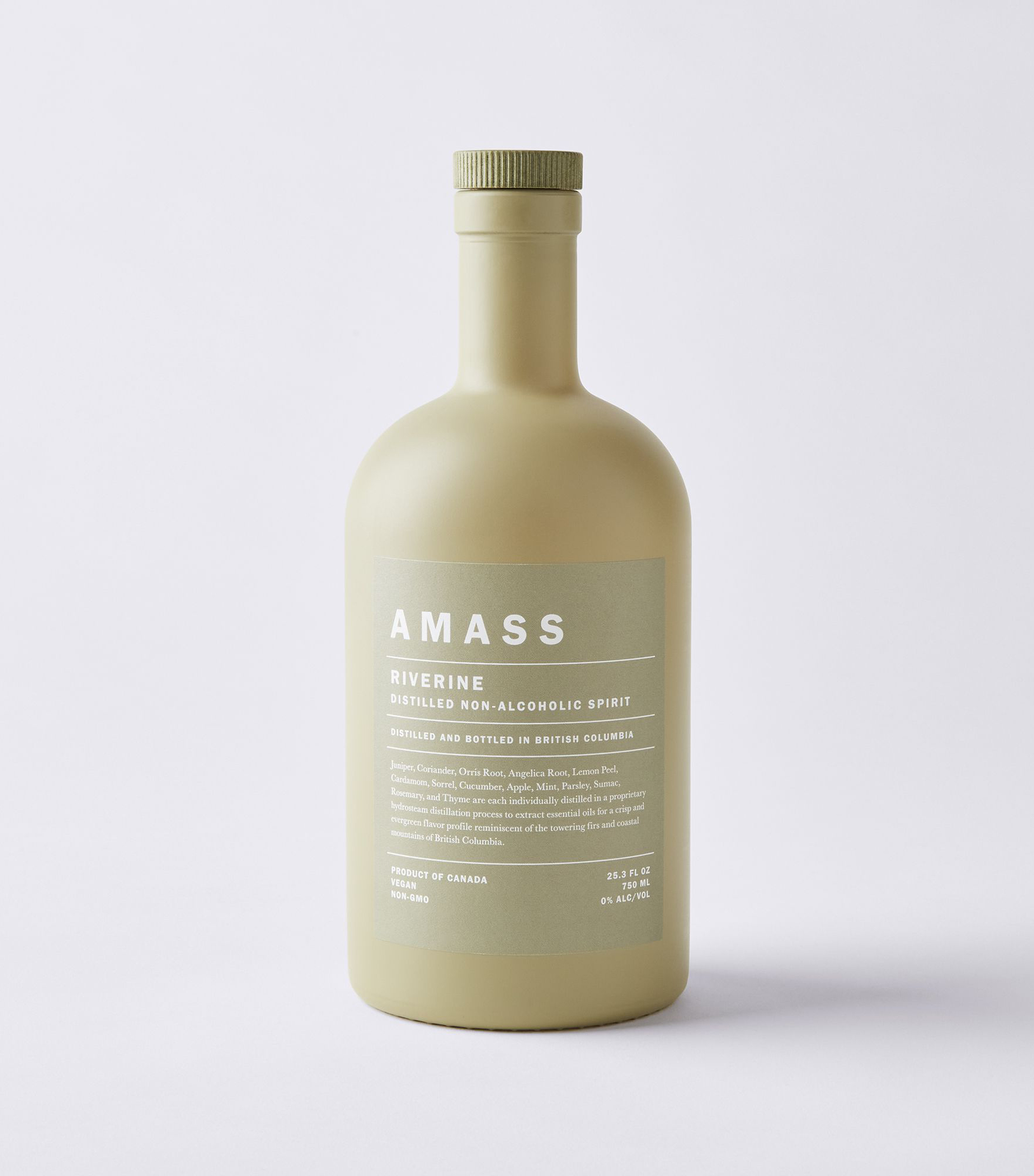
2. Order a mocktail: Nolan suggests doing this if you're feeling baseline-anxious so you still feel included in social situations but want to limit your drinking. You can also ask for a non-alcoholic drink in a wine or beer glass in case you don't want to deal with any questions.
And there are also a lot of low ABV options available now, if you want to sip on something throughout the night but don't want to risk getting too drunk.
3. Know the effects: "Take note of the effect on your body post-drinking compared to the number of drinks consumed," Nolan says. This can help you figure out your limits.
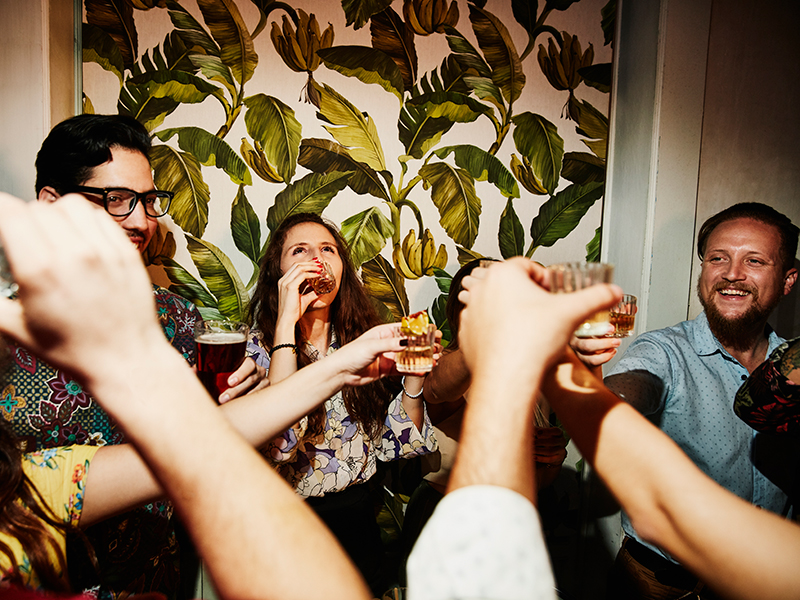
4. Set limits: And speaking of limits, once you know yours, set it and stick to it. Nolan says your mind, body, and wallet will thank you.
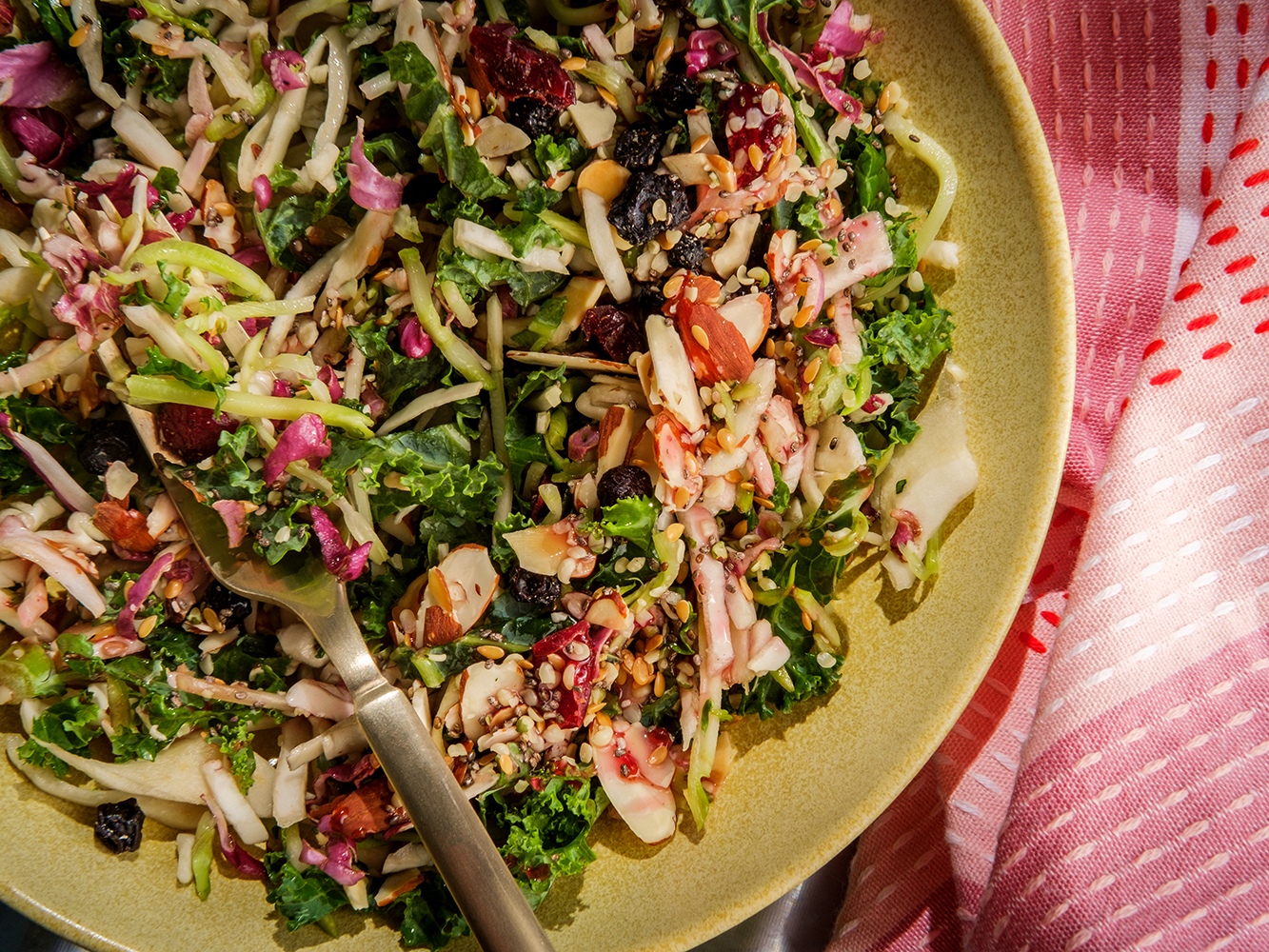
5. Eat during the day: Painter recommends eating two to three balanced meals with protein, healthy fat, and fiber during the day. " Supporting blood sugar stability the day before consuming alcohol can help reduce such drastic effects on blood sugar, as well as ensuring you are well nourished with both macronutrients and micronutrients," she says.
6. Stay hydrated: "The Cleveland Clinic recommends one water beverage per alcoholic beverage to prevent dehydration," Painter says.
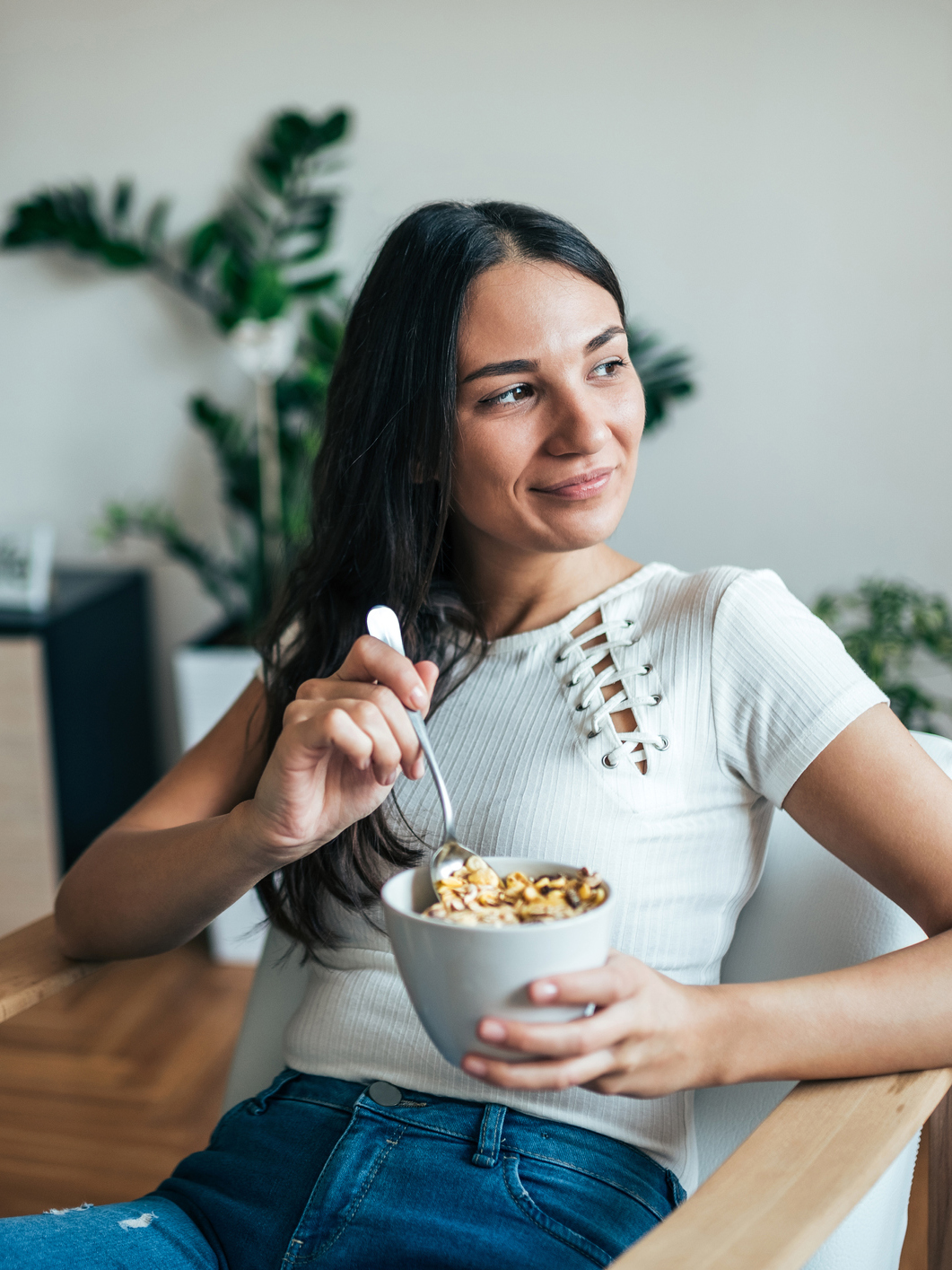
7. Avoid drinking on an empty stomach: "Drinking on an empty stomach leads to greater impact on blood sugar, and worsened hangovers," Painter says.
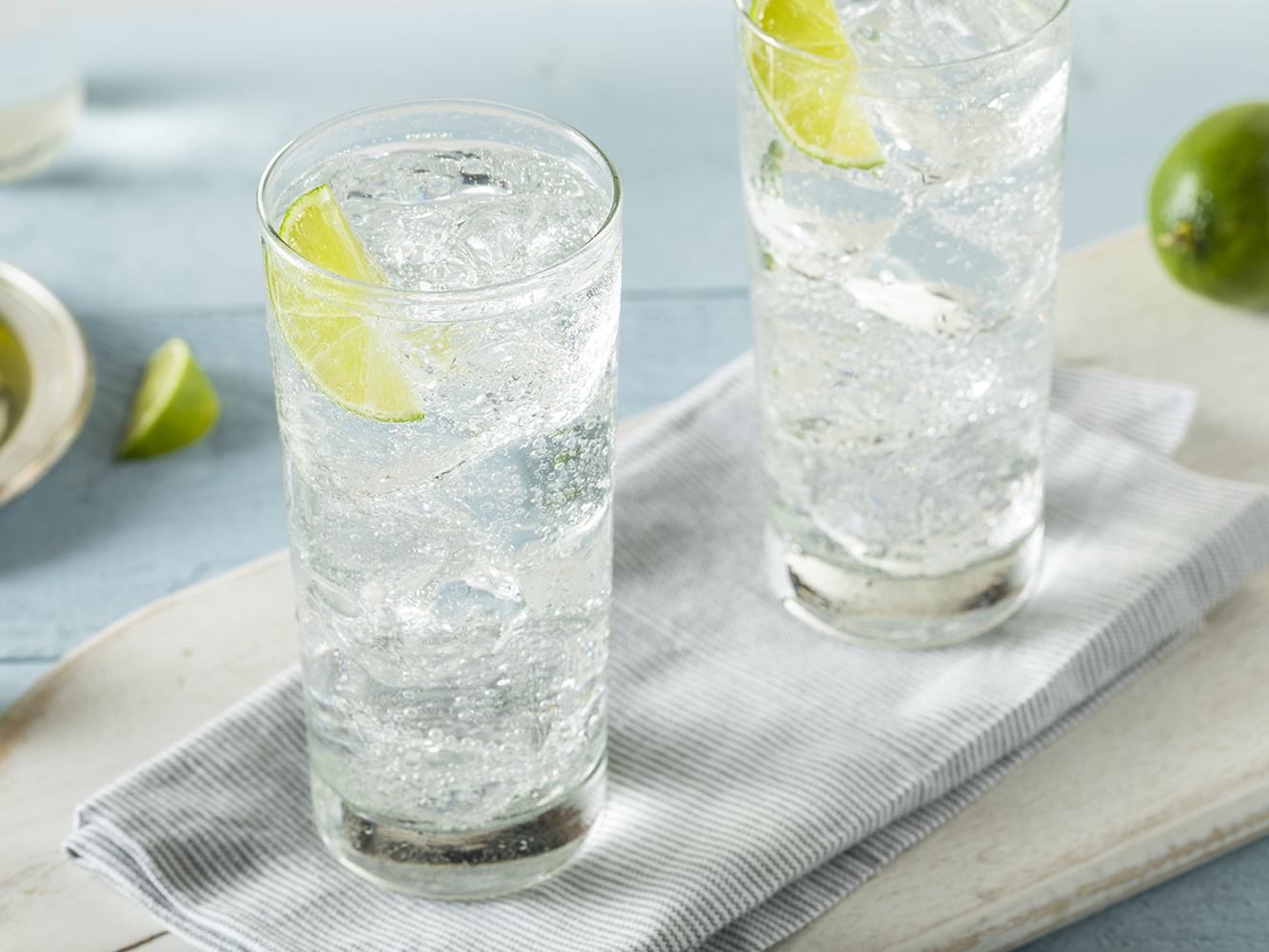
8. Choose certain alcohols: Painter recommends going with clear alcohol versus dark. "Lightly colored, or clear alcohols like gin, vodka, and tequila contain fewer congeners, which are impurities from the fermentation process that are known to worsen hangovers," she says.
What to Do If You Suspect You Need Help
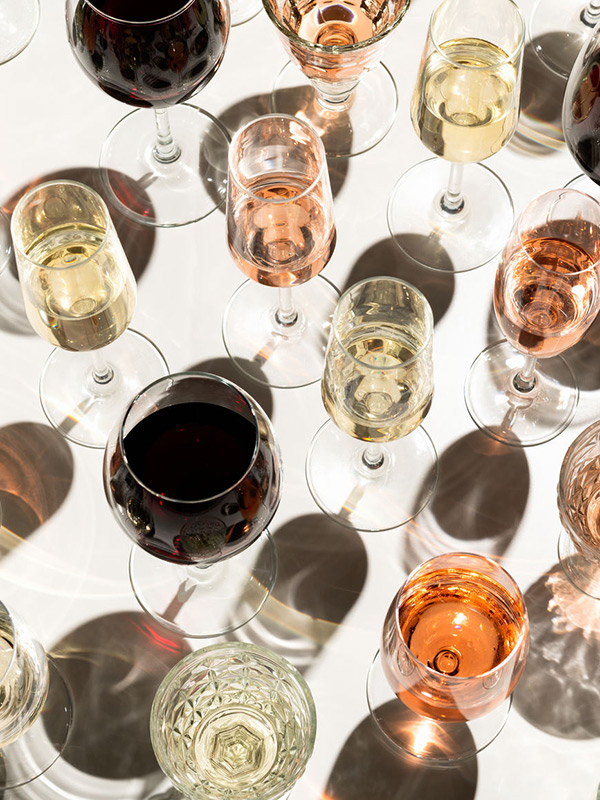
"Alcohol use disorder is an addictive pattern and can be recognized by many behaviors," Cidambi says. "A preoccupation with obtaining alcohol and finding the solitude to consume it undetected, a loss of interest in family, friends and hobbies, financial trouble, continuing alcohol use despite negative consequences (like DUI), missing work deadlines, unkempt appearance, and mood swings." So, if you think you need help or know someone who might need help, it's important to seek assistance from trusted resources.
Cidambi recommends seeking out a mental health specialist, such as a psychiatrist or psychotherapist, and not starting with your primary care physician (unless you need a referral to access a specialist). "Primary care physicians do not have the expertise to diagnose or treat substance use disorders or psychological conditions and may address symptoms and not the underlying causes," she says.
Nolan also suggests taking a look at these resources…
Substance Abuse and Mental Health Services Administration
National Institute on Alcohol Abuse and Alcoholism
Psychology Today (for help on finding a local therapist who specializes in anxiety and/or substance use
Social media groups (but understand that the people in them may not be medical experts, so you probably still need professional help)
Next: How Giving Up Drinking Improved My Health—in a Surprising Way
This article is provided for informational purposes only and is not intended to be used in the place of advice of your physician or other medical professionals. You should always consult with your doctor or healthcare provider first with any health-related questions.
Sarah is lifestyle writer and editor with over 10 years of experience covering health and wellness, interior design, food, beauty, and tech. Born and raised in Los Angeles, she attended New York University and lived in New York for 12 years before returning to L.A. in 2019. In addition to her work atBest Knockoff Luxury Clothing , she held editor roles at Apartment Therapy, Real Simple, House Beautiful, Elle Decor, and The Bump (sister site of The Knot). She has a passion for health and wellness, but she especially loves writing about mental health. Her self-care routine consists of five things: a good workout, “me” time on the regular, an intriguing book/podcast/playlist to unwind after a long day, naps, and decorating her home.
